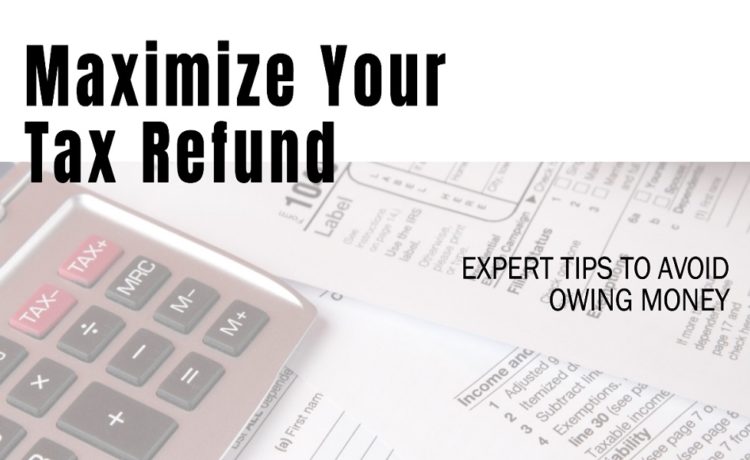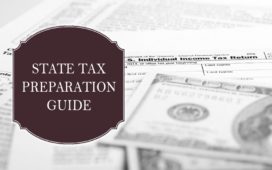Tax season often comes with a mixed bag of emotions. While some eagerly await a sizable refund, others are left puzzled, wondering, “Why do I owe money on my tax return?” The process of taxation, though systematic, can sometimes lead to unexpected results. To get to the bottom of this frequently asked question, it’s crucial to break down the complexities of the tax system and understand the factors influencing your tax liability.
The Basics: How Taxation Works
Income tax is a financial charge levied on your earnings. Throughout the year, most individuals pay these taxes in small portions, usually through:
- Withholding from Paychecks: Your employer withholds a portion of your earnings for federal and state taxes. This is based on the information you provide in your W-4 form.
- Estimated Tax Payments: For those self-employed or with additional income sources, estimated tax payments might be made quarterly.
At the end of the tax year, everyone tallies up their total income, deductions, and credits, and calculates the actual tax owed. If you’ve paid more than your owed amount during the year, you get a refund. If you’ve paid less, you owe money.
Factors Leading to a Tax Bill
If you find yourself owing money, various factors could be at play:
- Inadequate Withholding: If the amount withheld from your paycheck isn’t enough to cover your tax liability, you’ll owe money. This can happen if you didn’t update your W-4 after a life change, like marriage or an additional job.
- Additional Income: Earning additional income not subject to withholding, like rental income or freelance work, can increase your tax liability.
- Fewer Deductions or Credits: If you claimed fewer tax deductions or credits than in previous years, your taxable income could be higher, leading to a larger tax bill.
- Changes in Tax Laws: Tax laws and brackets can change. Being unaware of these changes can lead to unexpected tax outcomes.
- Underpayment of Estimated Taxes: Self-employed individuals or those with significant side income need to make estimated tax payments. Underestimating these can lead to a tax bill.
Mitigating the Impact
If you’re staring at an unexpected tax bill, there are measures to soften the blow and prevent it in the future:
- Adjust Your Withholding: Review and adjust the withholding on your W-4 form. Use the IRS’s Tax Withholding Estimator for guidance.
- Monitor Estimated Payments: If you’re making estimated payments, review and adjust them to ensure they cover your tax liability.
- Maximize Deductions: Keep thorough records to ensure you’re taking advantage of all tax deductions available to you.
- Contribute to Tax-Advantaged Accounts: Consider maximizing contributions to accounts like 401(k)s or IRAs, which can reduce your taxable income.
- Seek Professional Help: Consider consulting a tax professional. They can provide advice tailored to your financial situation.
Handling a Tax Bill
If you owe money, it’s crucial to address the bill promptly:
- Payment Plans: If you can’t pay in full, the IRS offers installment agreements to spread out payments.
- Short-Term Extension: You might qualify for a short-term extension to pay.
- Temporary Delay: If you’re facing significant hardship, the IRS might temporarily delay collection efforts.
FAQs
Q1: How can I ensure I don’t owe money on my future tax returns?
Answer: Regularly review your withholdings, especially after significant life events. Maximize deductions and ensure accurate estimated tax payments.
Q2: What happens if I don’t pay the money I owe on my tax return?
Answer: The IRS can charge interest and penalties. Continued failure to pay might lead to more serious consequences, like liens or levies.
Q3: Can I ask for more time to file my tax return if I owe money?
Answer: Yes, you can request an extension to file your tax return, but if you owe money, you should pay by the original deadline to avoid penalties.
Conclusion
Owing money on a tax return is a common concern that often stems from changes in income, inadequate withholdings, or shifts in tax laws. While initially daunting, understanding the reasons behind a tax bill and taking proactive measures can help you navigate the situation confidently. Remember, knowledge is power, especially when it comes to taxation.











